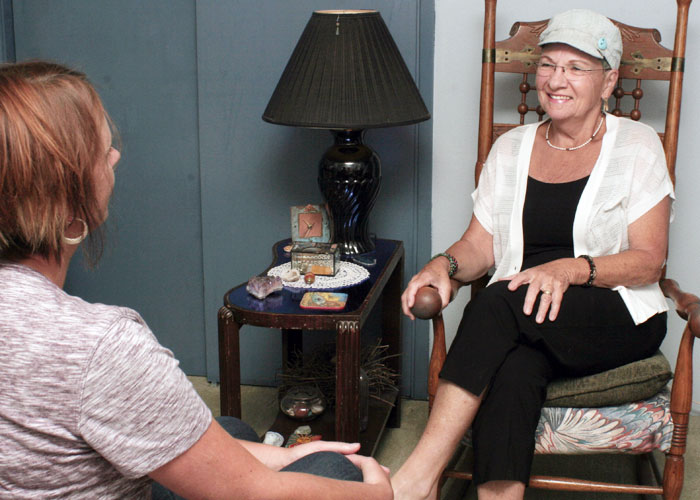Clinical social work professionals provide individual, couples, and group counseling. Advocacy and community activism distinguish social workers from psychologists, psychiatrists, and other mental health providers.
I consider supervision a fifth step in the process of sharing one’s knowledge with others, in particular those seeking licensure in their field. In my history as a social worker, I have consistently engaged in social/political action to stay informed about external factors that affect people’s lives. This is directly related to my philosophical orientation as a social worker in private practice, supervision, and teaching other professionals.
Relational-cultural theory and practice is the basis of my work. In addition, I focus on how individuals employ their defense systems.
Disconnection is a primary source of human suffering, and connection is fundamental to human growth. What does this mean? The trademarks of good connection are relational and cultural, and they include including engagement, empathy, mutual empathy, relational authenticity, mutuality, empowerment, and mutual empowerment. As our clients are affected by our interaction, we, too, are affected by the process of interconnection with our clients.
Supervisees are expected to practice these principles in their personal, public, and counseling experiences. We explore strengths, skills, and strategies to help others grow and transform their lives.
I like to debunk hierarchical thinking and practices as much as possible to be an authentic and empathic influence through my work. I believe I must be myself as much as possible. This may include personal disclosure and will most certainly involve sharing educational resources and experiences.
Ethical guidelines are kept at the forefront of our work together. Practice of methodologies such as psychodrama, tapping, imaging, and boundary setting are employed. Treatment planning is also implemented when appropriate.
Training includes diagnosis, personality, and mood disorders assessment as well as uncovering environmental factors that affect quality of life.
Supervision involves establishing personal and professional goals; assessing program needs and practices; and discussing administrative issues that may arise in a work or internship setting. As a supervisor, I am an advocate for my supervisee, maintaining good boundaries.
I see pathology as stemming from society, and deviant behavior is defined by cultural and societal standards.
Understanding how vicarious trauma can impact human services professionals and maintaining systematic self-care is part of the explorative supervisory contract.
We live in an increasingly violent world, and generalized anxiety springs from this underlying reality. Good supervision can counter feelings of powerlessness, helping you stay hopeful for change in people, institutions, and society.
